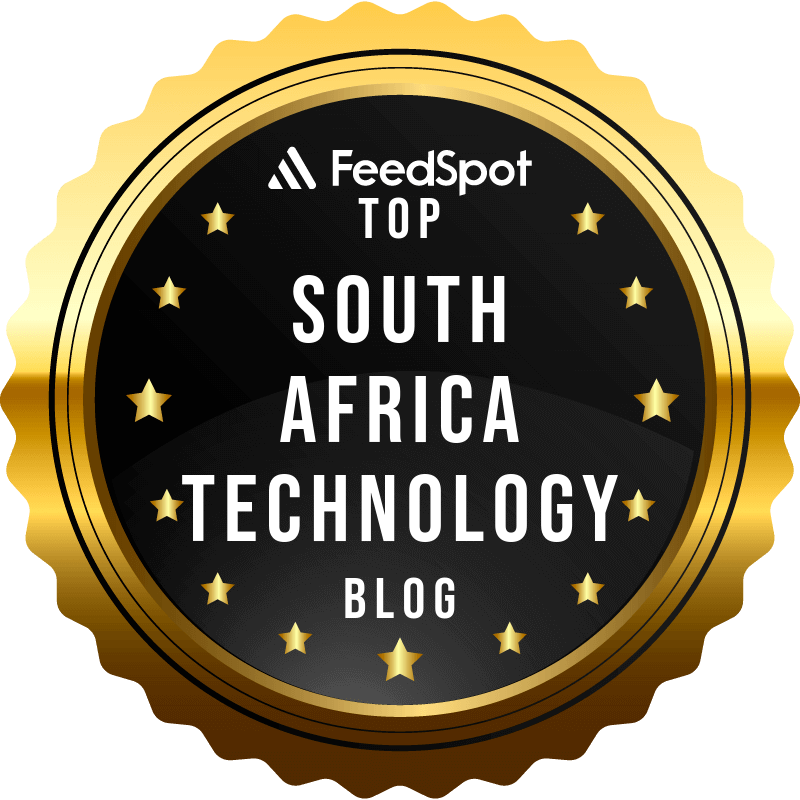For many of us, work now lives in a sea of video calls, shared docs and emoji reactions. It’s efficient but also strangely quiet. The rise of remote and hybrid work has brought flexibility, but it’s also ushered in a quieter threat: workplace isolation.
In South Africa, nearly one in five employees report feeling lonely at work. Globally, workplace loneliness has climbed by 25% since 2020, according to McKinsey. Gallup data shows that disengaged employees, often the ones feeling most disconnected, cost companies up to 18% in lost productivity and more than $8 trillion globally. Locally, mental wellness platforms are also reporting a spike in anxiety and burnout, particularly among younger and hybrid-working employees.
The causes are complex but clear. Remote work models, while convenient, can sometimes strip away the everyday micro-interactions that build trust and belonging. Those five-minute chats before a meeting or shared laughs over coffee add up to a company culture that can be hard to replace online. Layer on digital fatigue, relentless notifications and the pressure to always appear “on,” and it’s no wonder many employees feel adrift in a hyper-connected world.
But here’s the business case for fixing it: teams that feel connected are 23% more productive, 21% more profitable, and far more likely to retain their talent. As artificial intelligence reshapes how we work, human collaboration remains our most powerful tool. AI can analyse data, generate content and automate tasks but it can’t replicate human creativity, empathy or culture.
This doesn’t mean we need to go back to the old ways of full-time office life. The goal isn’t to rewind, it’s to redesign. Flexibility and connection can co-exist, but only if we’re intentional about building the structures that support both.
“At YuLife, we’ve seen how investing in connection, whether through wellness platforms, shared purpose, or real-time support, can transform how people engage with their work and with each other. It’s not just about perks or policies but about creating the kind of environment where people feel valued and seen,” says Jaco Oosthuizen, YuLife Managing Director.
“To build a workplace that drives both innovation and wellbeing, companies must act with intention,” he adds.
Start with leadership. Regular check-ins shouldn’t be tick-box exercises; they’re opportunities to understand how people are really doing. Managers who listen, recognise effort and foster open dialogue lay the foundation for trust.
Rethink office space and rituals. If you’re asking people to come in, make it worth their while. Offices should be hubs of creativity, not quiet rows of desks. Informal spaces, collaborative zones and purposeful team rituals can reignite connection.
Invest in purpose-led work. Employees are more engaged when they understand how their contributions matter. Aligning teams behind meaningful goals gives collaboration weight and makes work feel less transactional.
And above all, prioritise psychological safety. People perform best when they feel safe to be themselves, ask questions, and even admit they’re struggling.
The workplace is evolving, but that doesn’t mean it has to become lonelier. By designing connections into the way we work, we not only protect mental health and morale but also unlock the collective intelligence that helps teams do their best work.
Because the future of work isn’t just flexible, it’s human.




